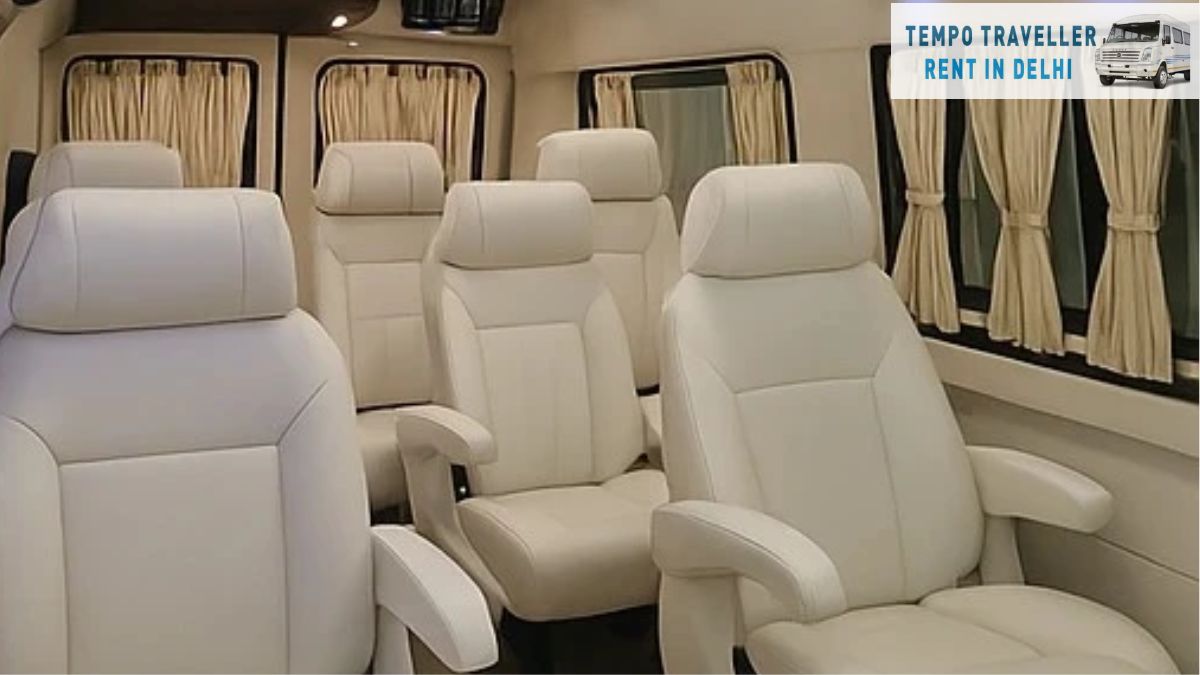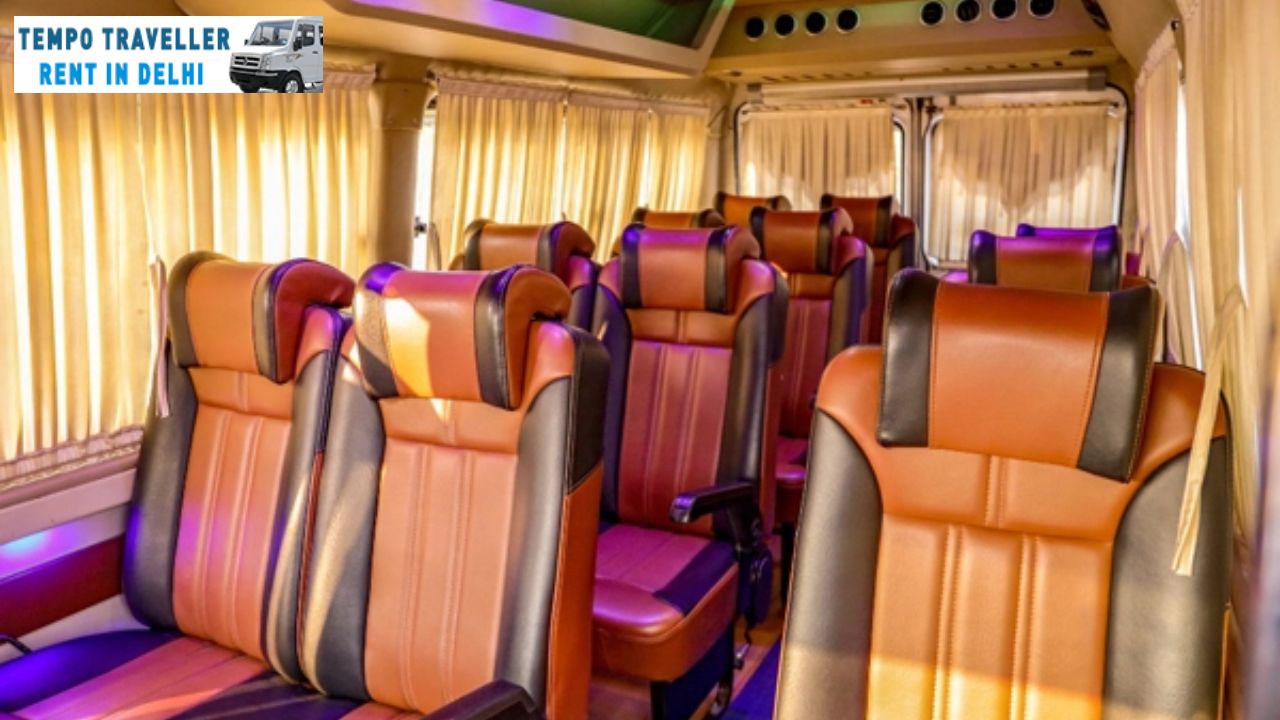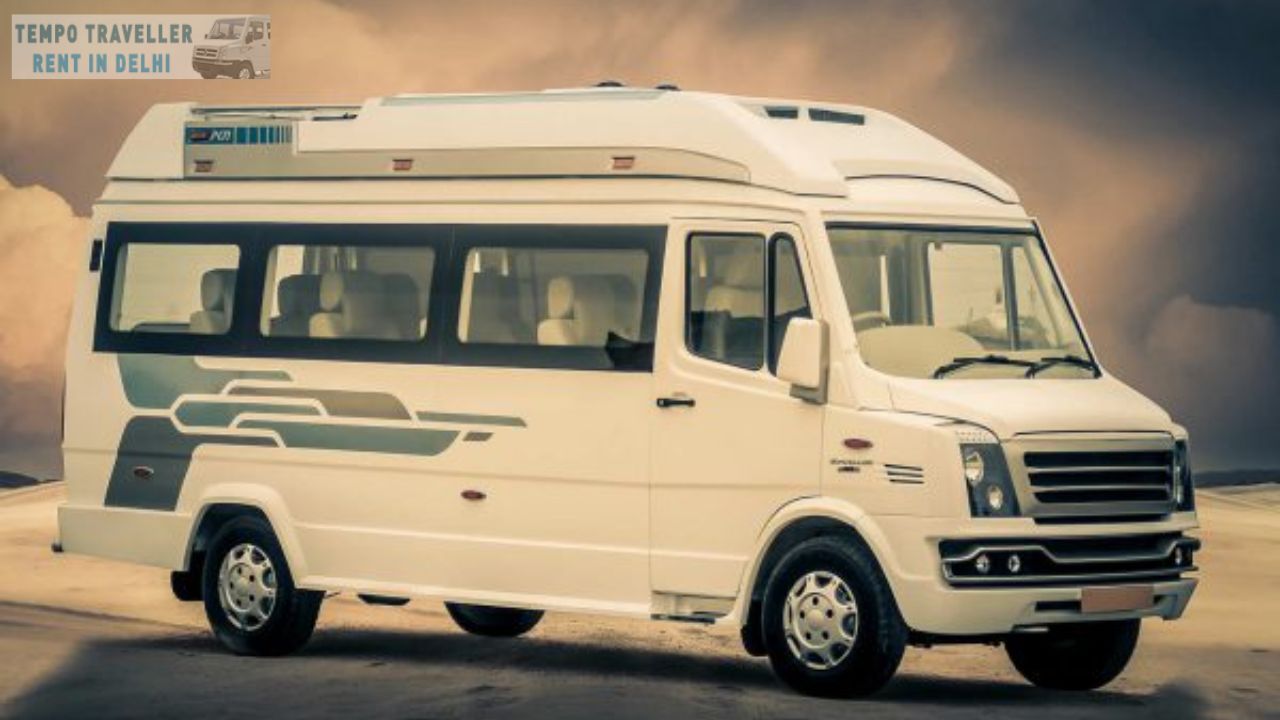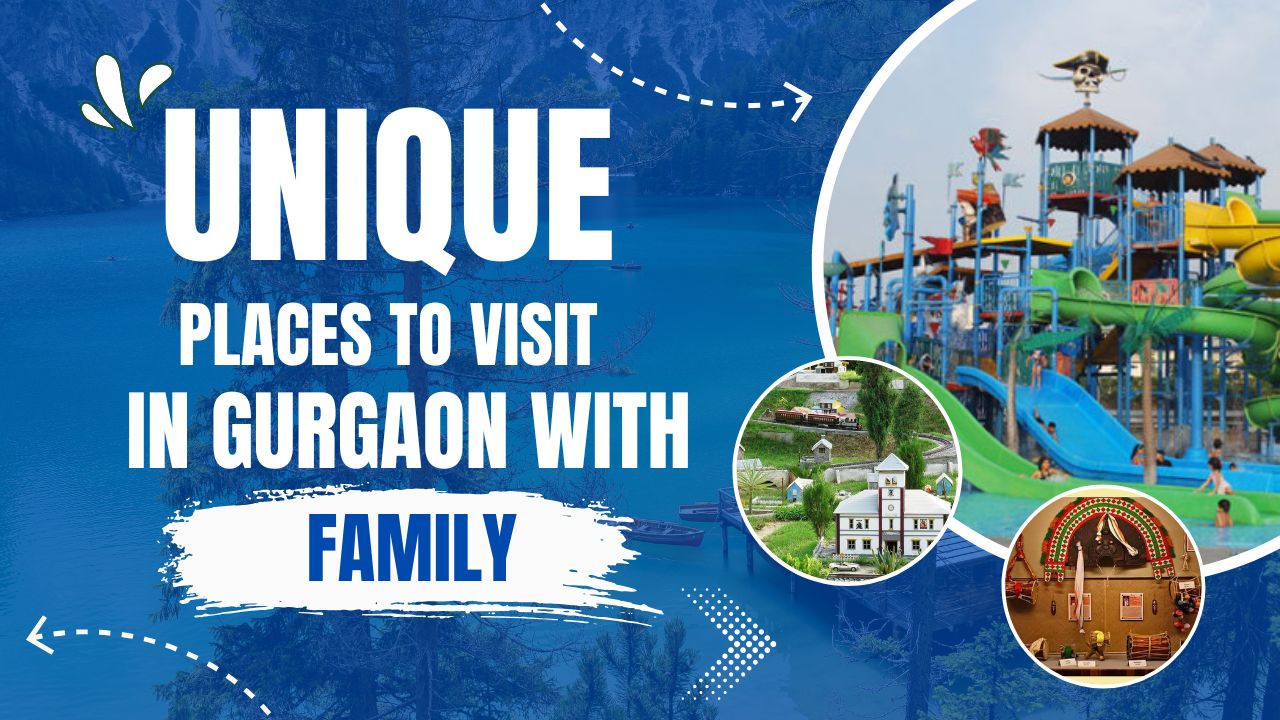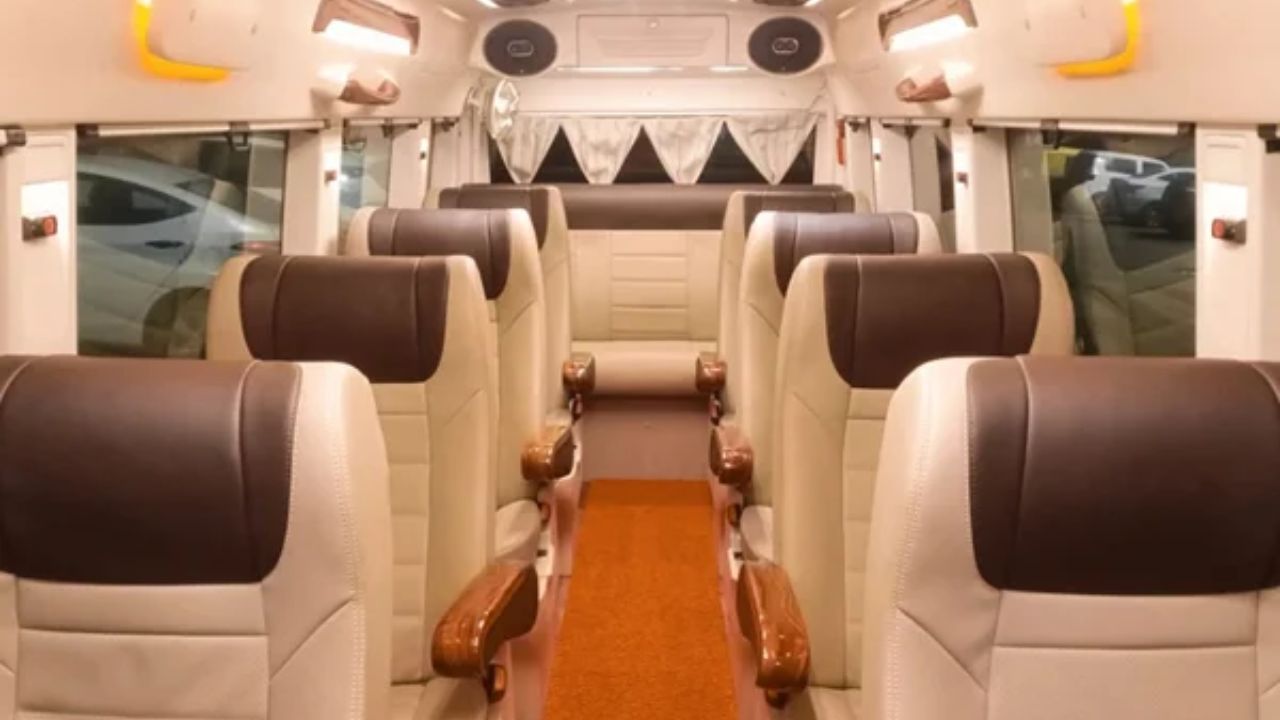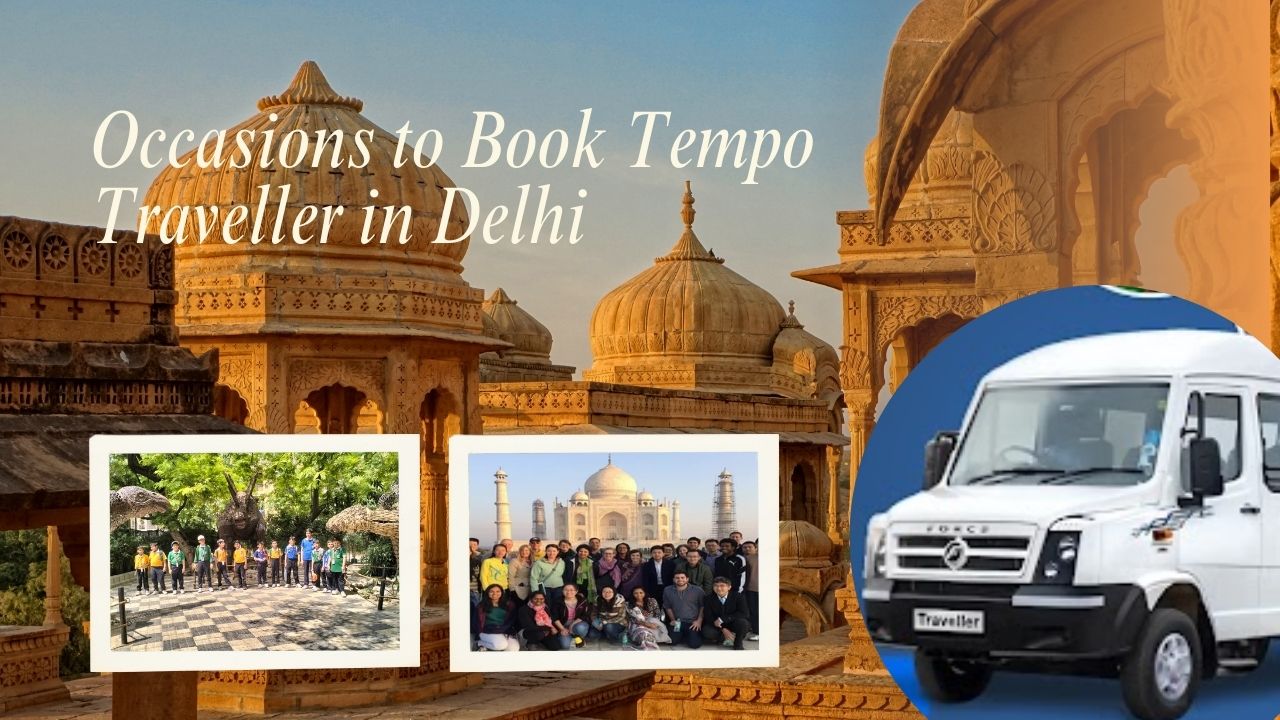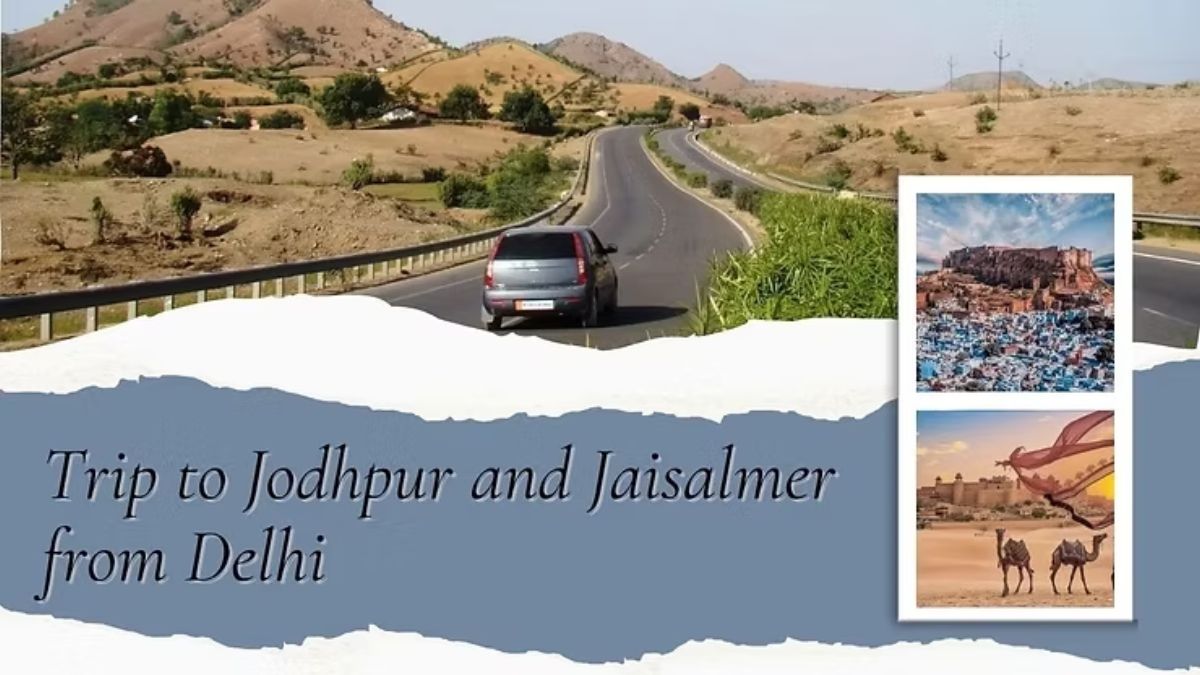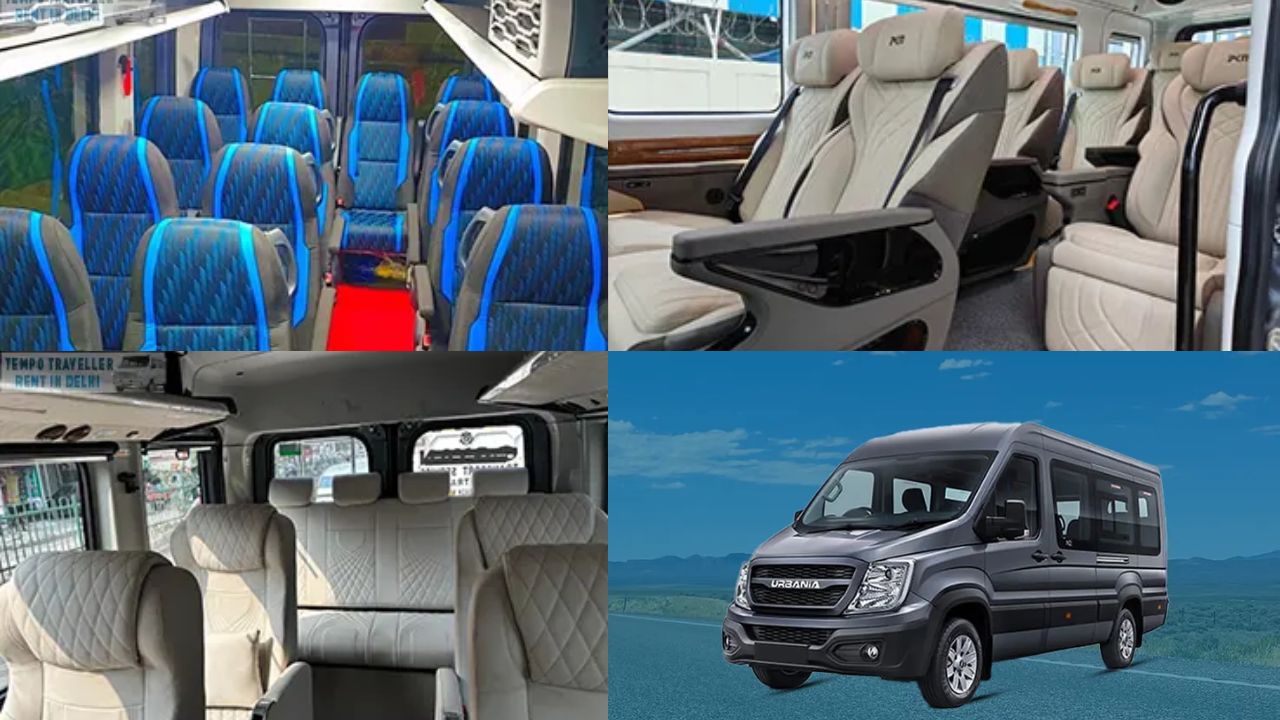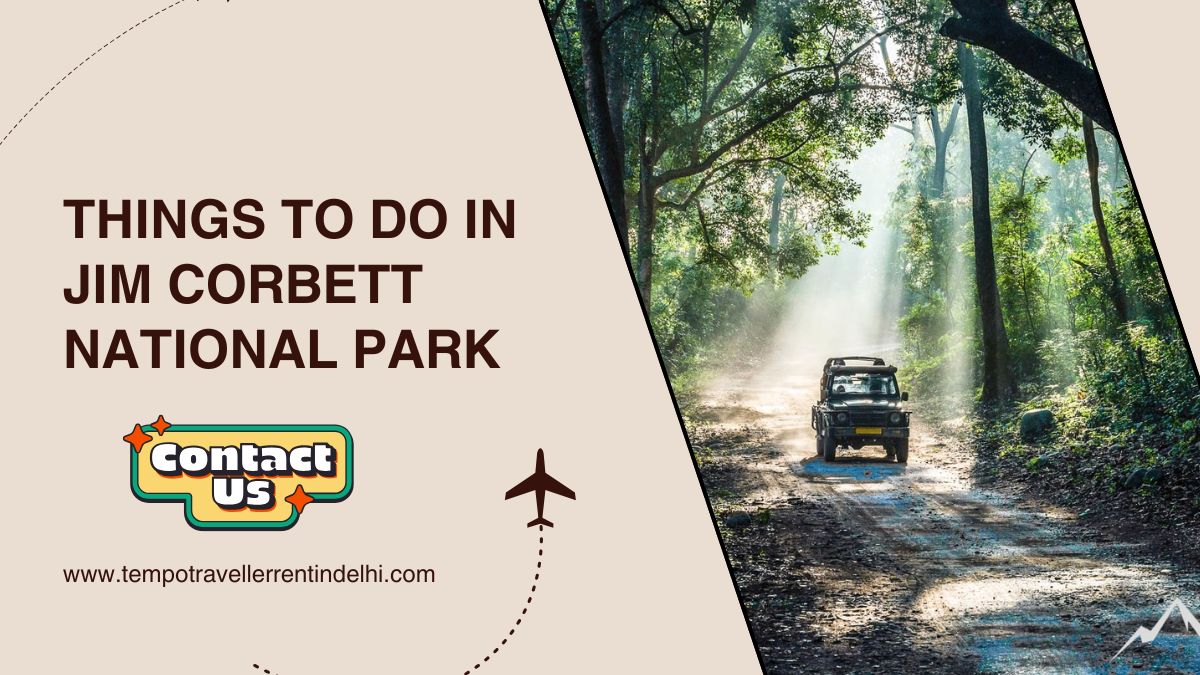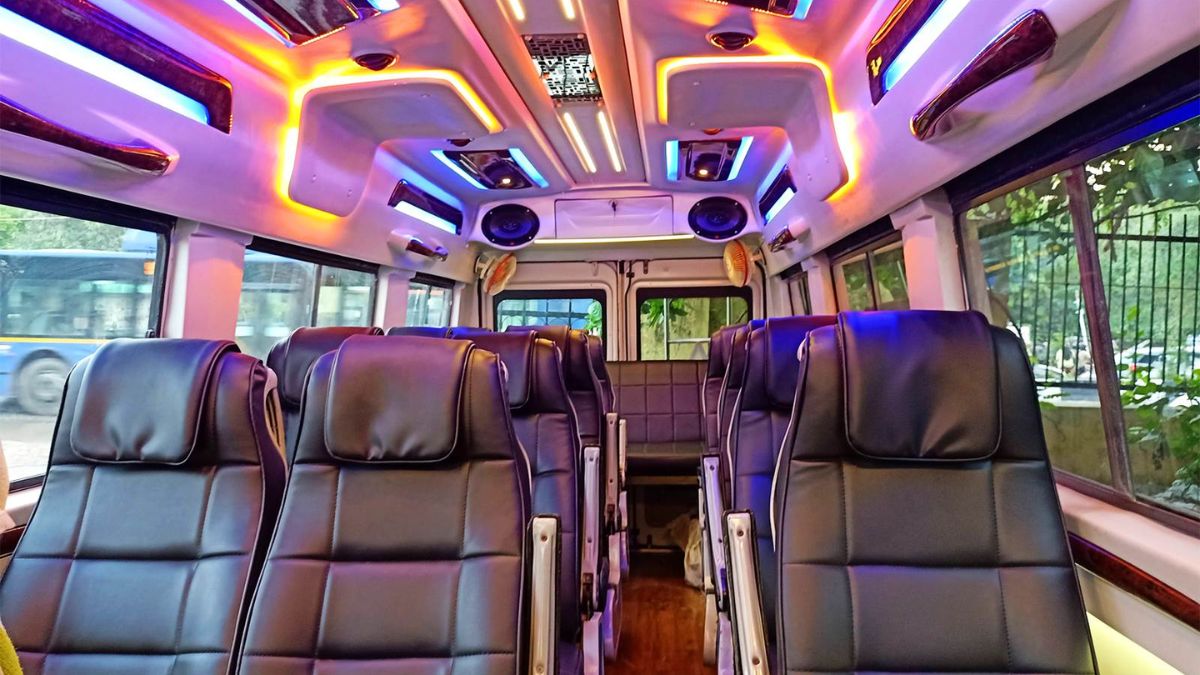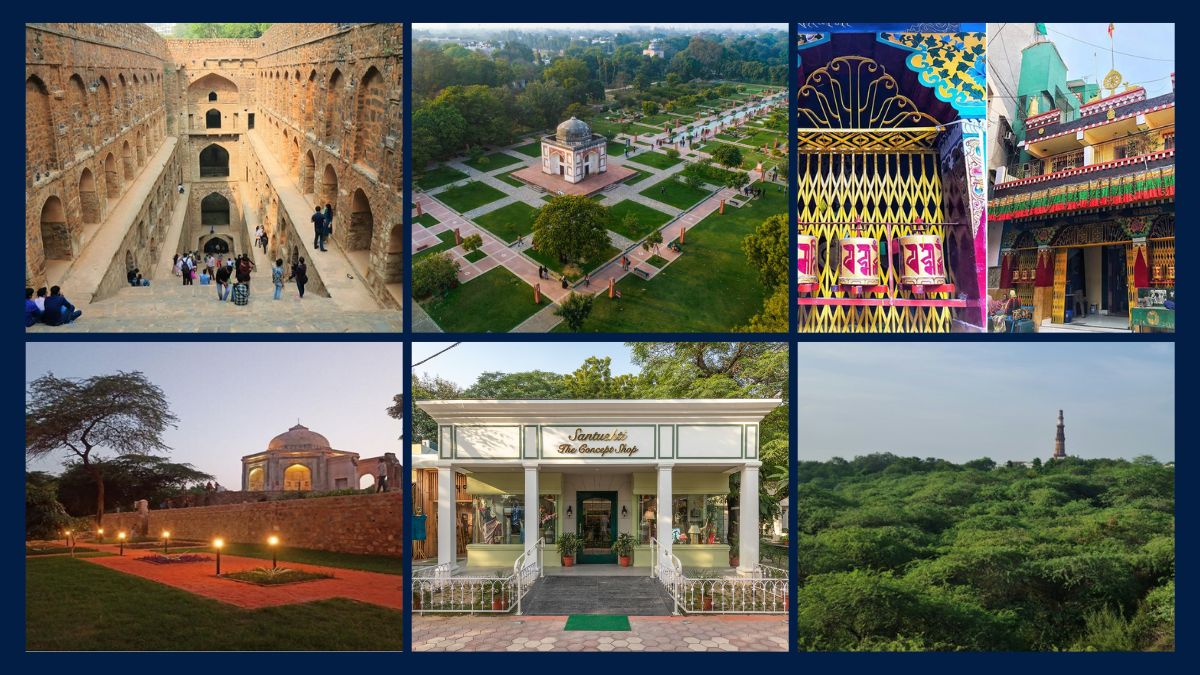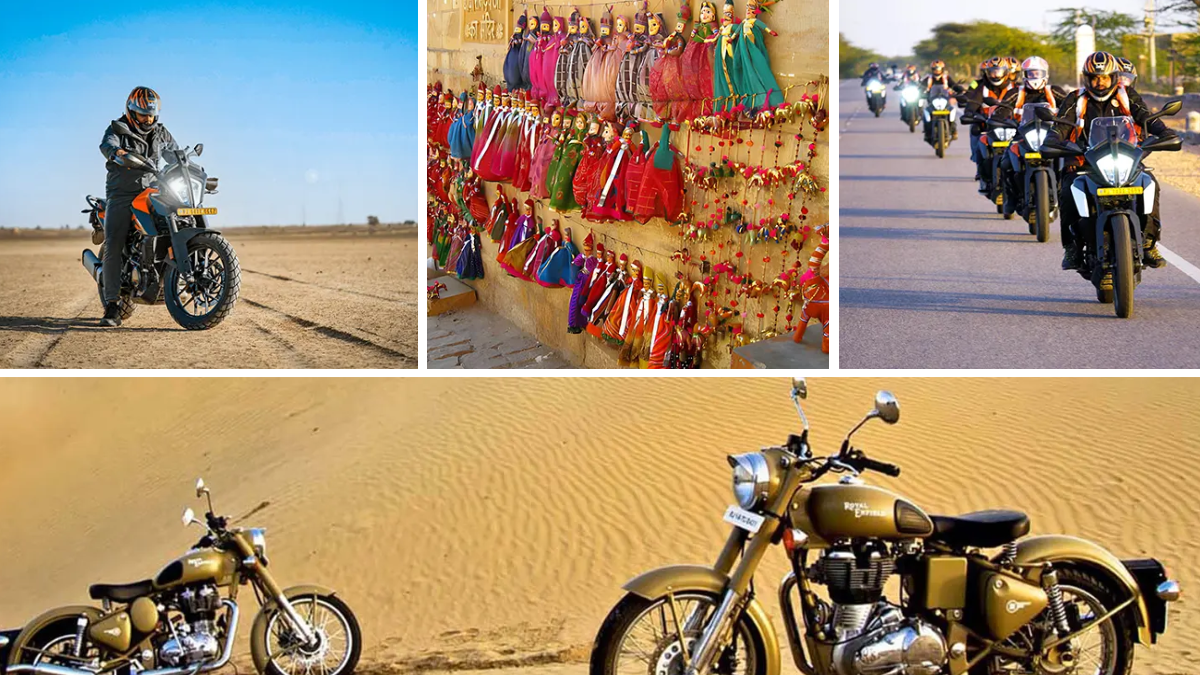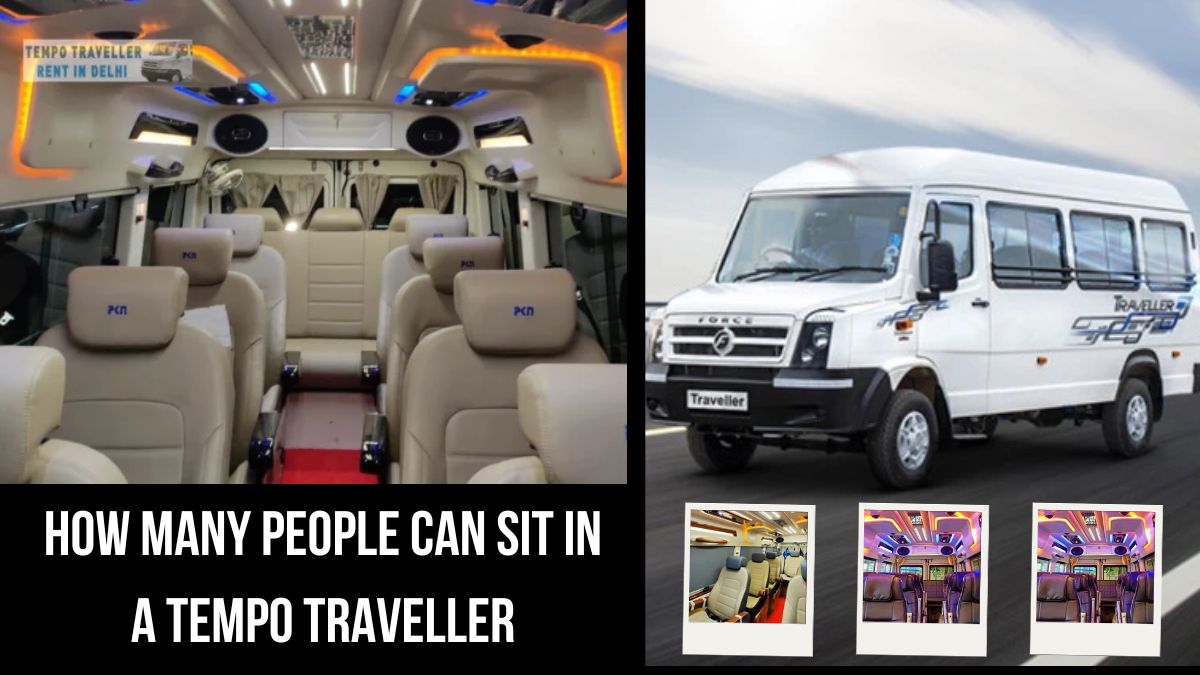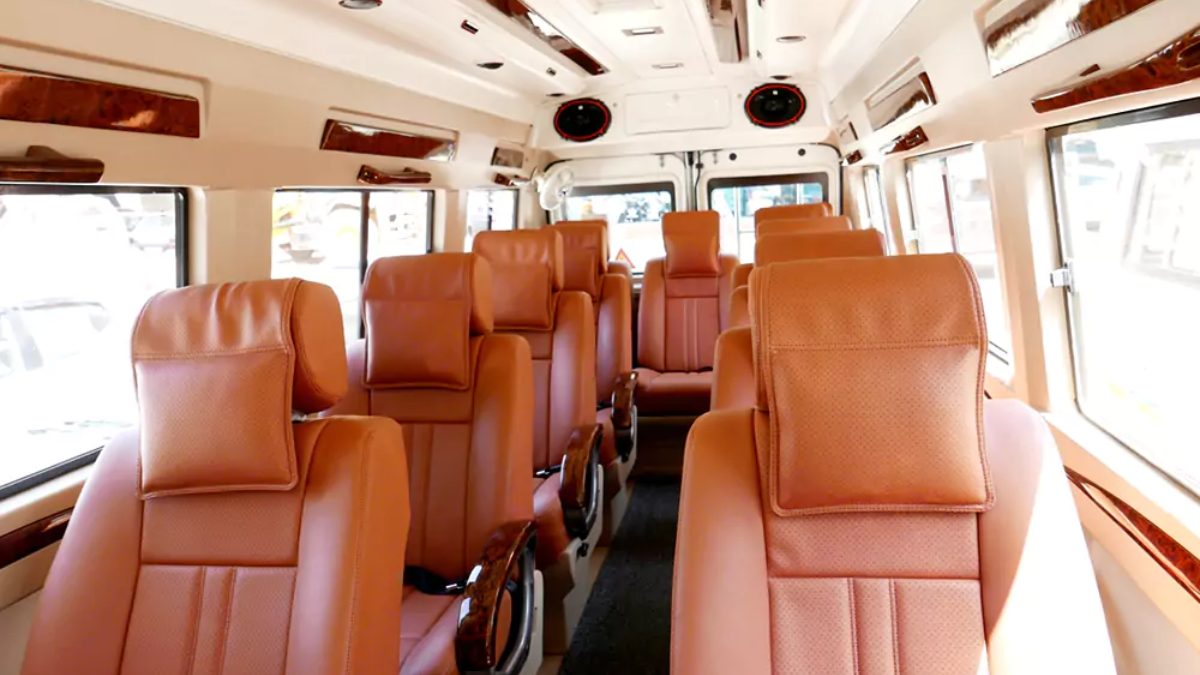What is the Cost of 2 Day Jaipur Trip from Delhi?
Have you had the experience of walking through royal palaces, colorful marketplaces, and streets that glow in warm tones of pink? That is Jaipur- the city that wraps history, charm and culture into one unforgettable experience.
If you have been craving a short break from Delhi’s rush, a 2 day Jaipur trip is just what you need. And the best part? It is totally doable on a reasonable budget.
In this post, I’ll walk you through everything- the route, travel time, itinerary, as well as the actual cost (especially if you are planning to rent a Tempo Traveller with friends or family).
And guess what? You can pull this off in just ₹3,500 to ₹6,000 per person, depending on your comfort level. Not bad for a royal weekend escape, right? Let’s dive in!
https://www.tempotravellerrentindelhi.com/blog/cost-of-2-day-jaipur-trip-from-delhi/
#jaipurtrip #delhitojaipur #weekendgetaway #jaipurtravelguide #rajasthantour #budgettrip #tempotraveller
Have you had the experience of walking through royal palaces, colorful marketplaces, and streets that glow in warm tones of pink? That is Jaipur- the city that wraps history, charm and culture into one unforgettable experience.
If you have been craving a short break from Delhi’s rush, a 2 day Jaipur trip is just what you need. And the best part? It is totally doable on a reasonable budget.
In this post, I’ll walk you through everything- the route, travel time, itinerary, as well as the actual cost (especially if you are planning to rent a Tempo Traveller with friends or family).
And guess what? You can pull this off in just ₹3,500 to ₹6,000 per person, depending on your comfort level. Not bad for a royal weekend escape, right? Let’s dive in!
https://www.tempotravellerrentindelhi.com/blog/cost-of-2-day-jaipur-trip-from-delhi/
#jaipurtrip #delhitojaipur #weekendgetaway #jaipurtravelguide #rajasthantour #budgettrip #tempotraveller
What is the Cost of 2 Day Jaipur Trip from Delhi?
Have you had the experience of walking through royal palaces, colorful marketplaces, and streets that glow in warm tones of pink? That is Jaipur- the city that wraps history, charm and culture into one unforgettable experience.
If you have been craving a short break from Delhi’s rush, a 2 day Jaipur trip is just what you need. And the best part? It is totally doable on a reasonable budget.
In this post, I’ll walk you through everything- the route, travel time, itinerary, as well as the actual cost (especially if you are planning to rent a Tempo Traveller with friends or family).
And guess what? You can pull this off in just ₹3,500 to ₹6,000 per person, depending on your comfort level. Not bad for a royal weekend escape, right? Let’s dive in!
https://www.tempotravellerrentindelhi.com/blog/cost-of-2-day-jaipur-trip-from-delhi/
#jaipurtrip #delhitojaipur #weekendgetaway #jaipurtravelguide #rajasthantour #budgettrip #tempotraveller
0 التعليقات
0 المشاركات
61 مشاهدة




